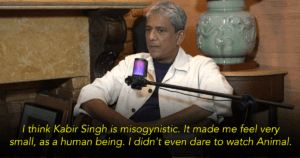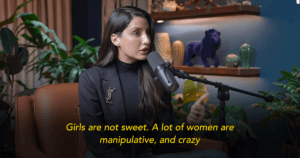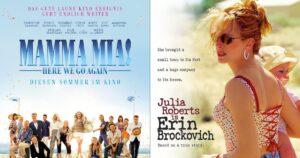Every comicbook movie has a superhero but not every superhero movie is a comicbook movie. We live in an era of superheroes where being a nerd is the in thing to do. A quick YouTube video and you can flaunt your knowledge in front of your friends. Because hey, superheroes ke baare mein jaanta hoon toh main cool nerd hoon.
This new trend has given birth to the rise of the fandoms. The ones swearing by Marvel can tell you that the Avengers is the greatest thing to have happened to mankind whereas the DC lovers generally tell you conspiracy theories about Disney buying all the critics and that leading to the negative reviews of DCEU movies.
While there are too many superheroes now; none of these movies have managed to replicate the brilliance of M. Night Shyamalan’s Unbreakable.
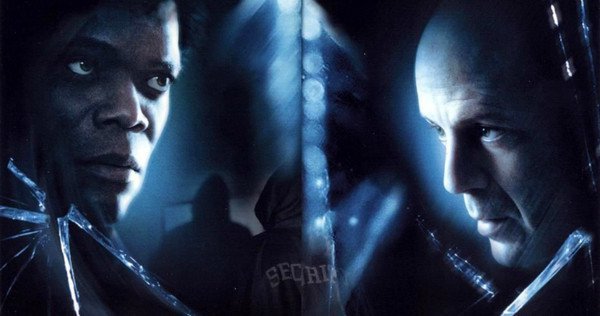
It is by no means an exaggeration to say that Unbreakable is the exact antithesis of Marvel and DC’s current output.
Unbreakable was a precursor, setting a paradigm for the trend of superhero movies to come. M Night Shyamalan’s a visionary, and knew very well where Hollywood was heading, in the direction of comic book franchise films. So, yes, ahead of his time, but doing it deliberately. His foresight was to mark the spirit of the ‘real’ superhero. Shyamalan is known for his art of secrecy. Most of his films show not-so-ordinary circumstances, in ways where people aren’t the omniscient and omnipresent force they’d like to believe they are.
Shyamalan took that idea further, with Unbreakable, and proposed a world where the possibility of a ‘real’ superhero could be out there, and most wouldn’t even know it. In essence, going even further into scientific knowledge of proposing, what Bryan Singer’s X-Men did, in the idea that superheroes are the next evolution, while simultaneously setting a new spiritual tone for the paradigm. The ultimate message being – ‘The age of the superhero is among us’.
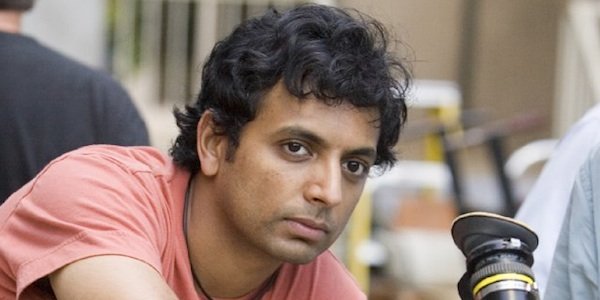
Unbreakable does two things brilliantly: it deconstructs comic-book culture and presents the traditional superhero story in its most distilled form, not a latex-covered hero or a bloated fight scene in sight.
Avoiding many of these well-worn conventions lets the film weave in the superhero mythology in more interesting ways, right up to a final showdown that trades face pummeling for hard-hitting conversation. That is where the beauty of this movie lies – it is a superhero movie without falling for any of the over-used unimaginative tropes.
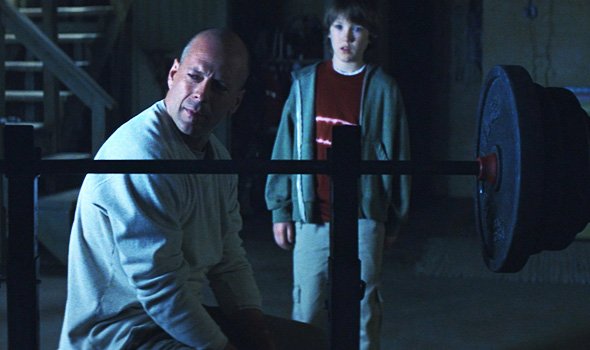
Unbreakable was something of an oddity in 2000. It was an origin story when non-comic readers were unfamiliar with them. It was a serious-minded, reality-based superhero movie when there were none.
Not only that, but it was an unconventional hero narrative, in which security guard David Dunn is led to believe that he has powers by a comic devotee, Elijah Price. It was a small-scale origin story not about a hero needing to learn how to use new powers, but one that made a mystery out of whether its hero even had powers at all.
In 2000, there was no concept of a superhero movie universe. Superhero movies weren’t a thing. But Unbreakable really proved a point during an era where people didn’t expect them to.
Before 2000, the only superhero characters that had found popularity in film were Superman and Batman. Both franchises weren’t exactly meant to reflect the real world very much.
Superman’s story by way of Christopher Reeve was less about a man to identify with and more a messianic figure to strive to be more like. Both Burton and Schumacher’s takes on Batman, meanwhile, were an almost impossibly over-the-top combination of dark shadows and garish color.
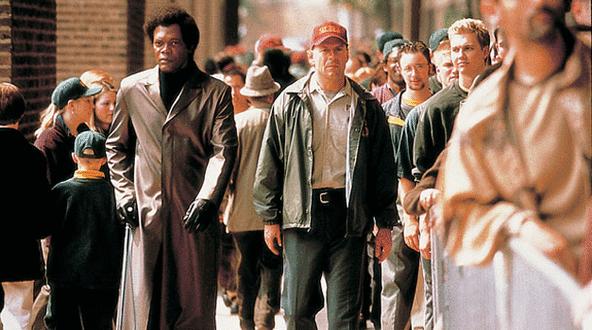
I always enjoyed Tarantino’s synopsis:
What if Superman was here on Earth, and didn’t know he was Superman.
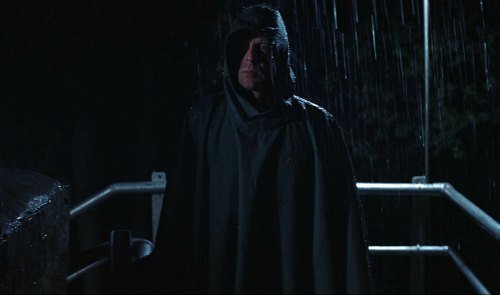
They didn’t feel the need to build universes and milking franchise after franchise. In their desperate attempt to come up with a larger-than-life universe, comic book movies of today aren’t that great in terms of cinema.
One of the best things about Unbreakable is the lack of easter-eggs that hint at a bigger universe or sequels. It is a very well made self-contained movie in the first place. It was a great movie in terms of filmmaking. The editing, the sound-design and the script was perfect. It’s a remarkable feat considering how every superhero movie of today is about style over substance.
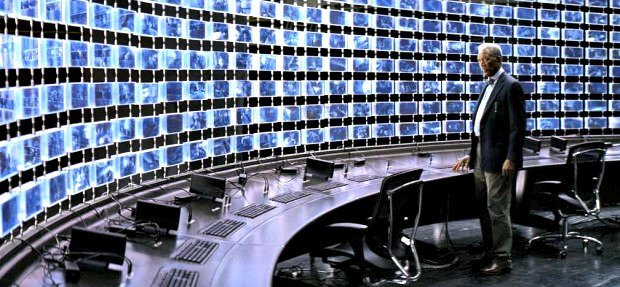
Christopher Nolan’s Batman trilogy falls into many of the traps Unbreakable studiously avoids. The relationship between Batman and the Joker gives The Dark Knight its clout, but it’s a dynamic Unbreakable explored first – “We’re on the same curve,” Samuel L. Jackson’s villain Elijah Price tells hero David Dunn, “just on opposite ends”.
Meanwhile Superman, often held up as another sacred cow of the genre, can’t take itself seriously enough to make Clark Kent interesting, while Avengers is hamstrung by overcooked action and an overstuffed cast. Unbreakable delivers a climactic battle more powerful than Whedon’s ensemble mustered, and with a fraction of the effort.
Unbreakable did the ‘dark and gritty’ right before Marvel blew the floodgates with humour and DC tried its best to label average cinema as something ‘realistic’.
David doesn’t face supervillains or world-ending threats, but things more recognizable: the deep melancholy he wears like his trusty poncho; his growing estrangement from his wife; his inability to be the father his son needs him to be.
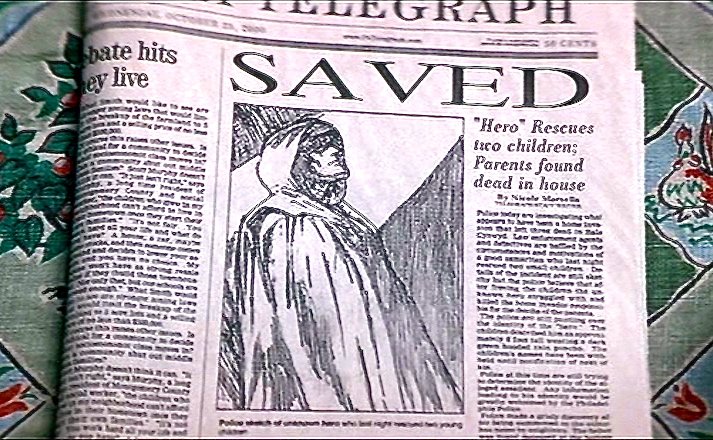
Unbreakable blends the mythological with the personal. David doesn’t just slowly discover his abilities, but himself; he seeks heroism not necessarily to provide salvation for others, but so he can have purpose again, so he can feel whole. Yes, Unbreakable is thrilling as a story about a self-professed ordinary man discovering he is extraordinary, but it’s most powerful as a story of a broken man looking to fix himself and his family-to save not the world, but his world.
Unbreakable keeps its sights on what we care most about: we root for David Dunn because his journey is a struggle we believe in. He wears his powers as a sodden, heavy cloak, and even his moments of great revelation are measured; he is identifiably human from start to finish. At the same time, we have a nemesis whose motivations are formed with such a twisted logic that he’s unnervingly relatable.
To make a good superhero movie fly you have to keep its characters grounded.
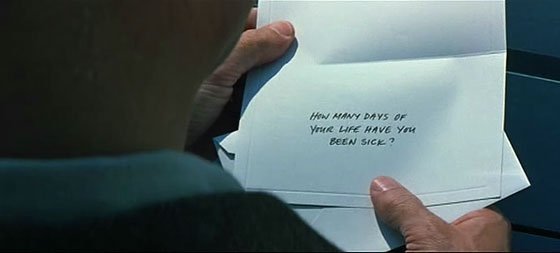
Also, a villain creating the hero? It’s an idea so topsy-turvy it would give the Joker a headache.
The present glut of cinematic universe-forging comic-book adaptations has born some decent films and some terrible ones, but none can claim to rival the atmosphere and immersion of Unbreakable.
Remember the final hour of Man of Steel? Indestructible hero and indestructible villain throwing each other through brick walls. CGI skyscrapers reduced to CGI rubble, the level of peril remaining at precisely zero throughout.
Unbreakable’s final encounter includes not a single building flattened, not a single punch thrown and lasts all of five minutes. Instead, we see Willis’ David Dunn defeat his arch-nemesis by dobbing him in to the authorities. It is the most affecting showdown of any modern superhero movie.
Unbreakable‘s unique angle gives it some unfair advantages when compared to ‘stock’ superhero movies. It isn’t obliged to provide any typical superhero movie moments. No one has to learn the origin of their powers, or develop a costume, or struggle with a secret identity, or fight a supervillain.
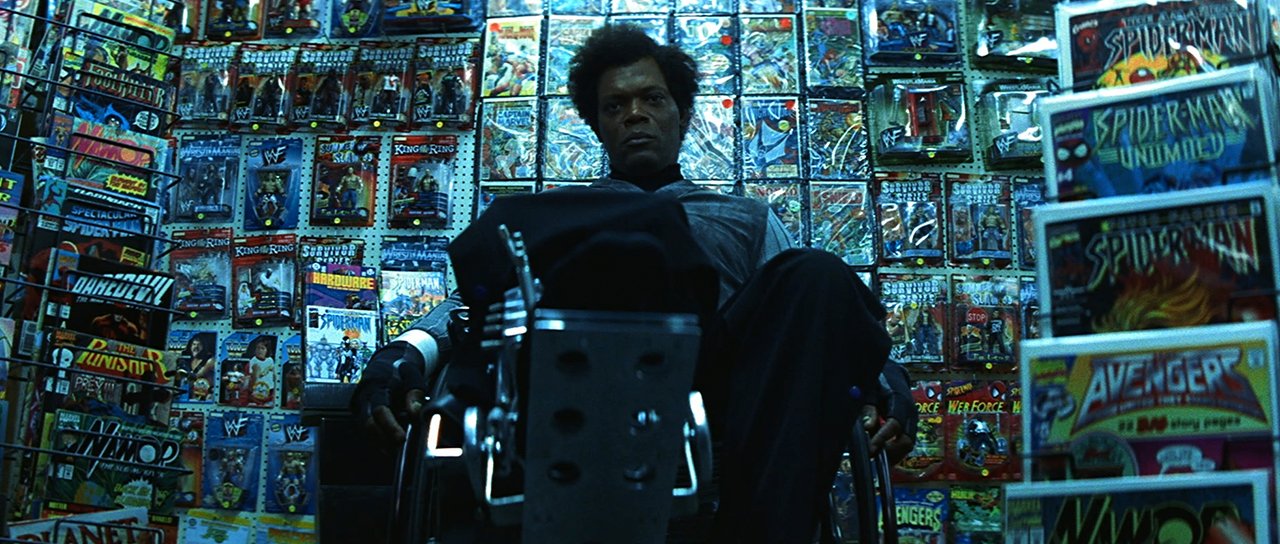
Unbreakable is the amazing prequel to an inevitably disappointing superhero film. It’s a promise so cool that the delivery doesn’t matter. Current superhero films have the disadvantage of having to make good on their promises and they tend to miss the mark quite frequently.
The underlying sentiment in the movie makes it the best superhero movie till date.
Superhero or villian aside, Unbreakable begs the ultimate question “what would you do if you’d essentially drifted through your whole life, unaware of the depths of your potential?”
Not even just unaware, Willis’ character found out when he was younger, and chose to block it from his mind. He chose to give up what would have been a great football career to live a normal life with the woman he loved. He had so convinced himself that he had been injured he’s spent decades not realizing the full potential of what he had experienced.




